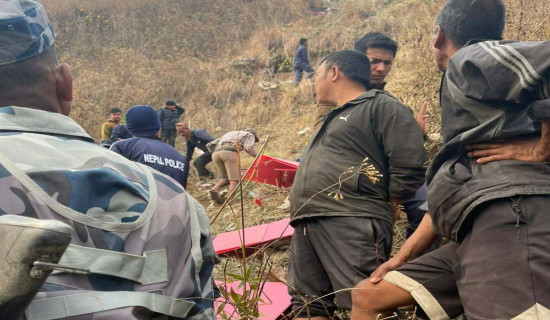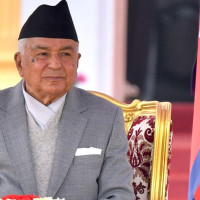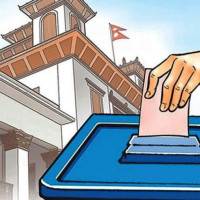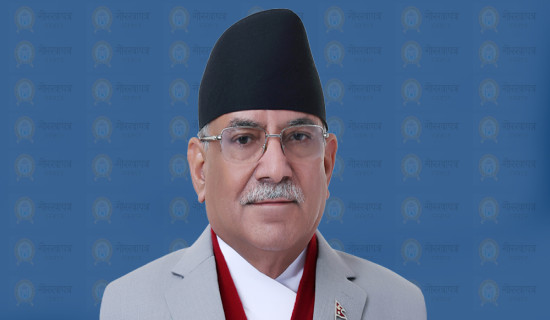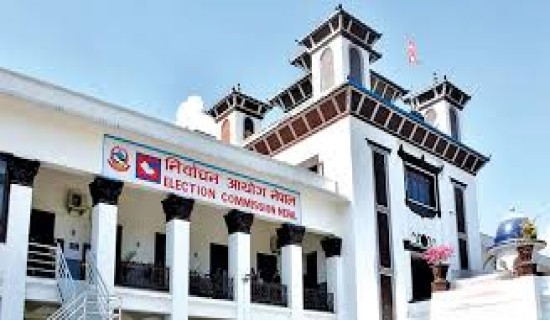- Tuesday, 3 March 2026
Modernising Agriculture
More than 60 per cent of Nepalis have been engaged in the agriculture sector but its share of Gross Domestic Product (GDP) merely stands at 24.12 per cent. This shows that agricultural activity is characterised by low-value cereal and subsistence farming. The country was once a food-exporting nation but today it imports grains worth billions of rupees. Behind the pathetic condition of the agro sector lies the adoption of traditional methods of farming and a lack of investment in modernising and commercialising it. For the development of the industrial and agro sector, the state should be proactive through policy intervention but its role has been minimised with the introduction of neoliberal economic policy in the early 1990s. The deregulation and privatisation have weakened the industrial process, negatively affecting overall economic development, though some areas witnessed some progress.
In recent years, Nepal’s agro sector has suffered an acute shortage of workers as youths are flocking to the international labour market, leaving the vast swathes of fertile land fallow. The dearth of workers has made agricultural occupations expensive, a factor that has forced people to explore other sources of income generation. This is indeed a dilemma that our agro sector is reeling from. On the one hand, our lands have been left uncultivated. On the other hand, hard-earned foreign currencies have to be spent on buying a large quantity of food from abroad. In order to overcome this situation, the agro sector needs a huge amount of investment, with the government providing incentives to the farmers. Lucrative offers should be made to attract the youth towards agriculture, which has often been looked down upon.
It is not that the country has not unveiled a programme, policy and strategy to modernise and commercialise agriculture but their executions have been far from satisfactory. For example, in the fiscal year 2016/17, the Prime Minister Agriculture Modernisation Project (PMAMP) was brought as a complementary project of the Agricultural Development Strategy that sought to modernise agriculture and make it a viable means of earnings for the rural population. But its real impacts are yet to be seen. So it is essential to close the gap between the commitment and implementation of a raft of policy-level recommendations geared towards the advanced development of the agro sector.
Against this backdrop, Prime Minister KP Sharma Oli has called for the urgency of agricultural modernisation, regional cooperation, and sustainable environmental practices in this sector. He made these remarks while speaking at the Second South Asian Farmers’ Federation Conference in Kathmandu on Tuesday. Prime Minister Oli pointed out that although more than half of the population has been engaged in agriculture, its contribution to the national economy remains disproportionately low. He stressed the need for mechanisation and proper market access for farmers. The proper strategies must be chalked out for the development of agro-based industries to create employment opportunities.
Nepal's agriculture also endures environmental degradation arising from unchecked greenhouse gas emissions, glacier melting, erratic rainfalls, floods, landslides, open burning of crop residues, and rampant forest fires. It is necessary to promote regional cooperation to deal with the climate change triggered by the rising global temperatures. The governments in the region should encourage farmers to go for sustainable practices, such as using crop residues as fertiliser rather than burning them, thereby helping combat climate change. Pro-farmer policy is equally important to boost agro production and easy market access for building a self-reliant economy.



